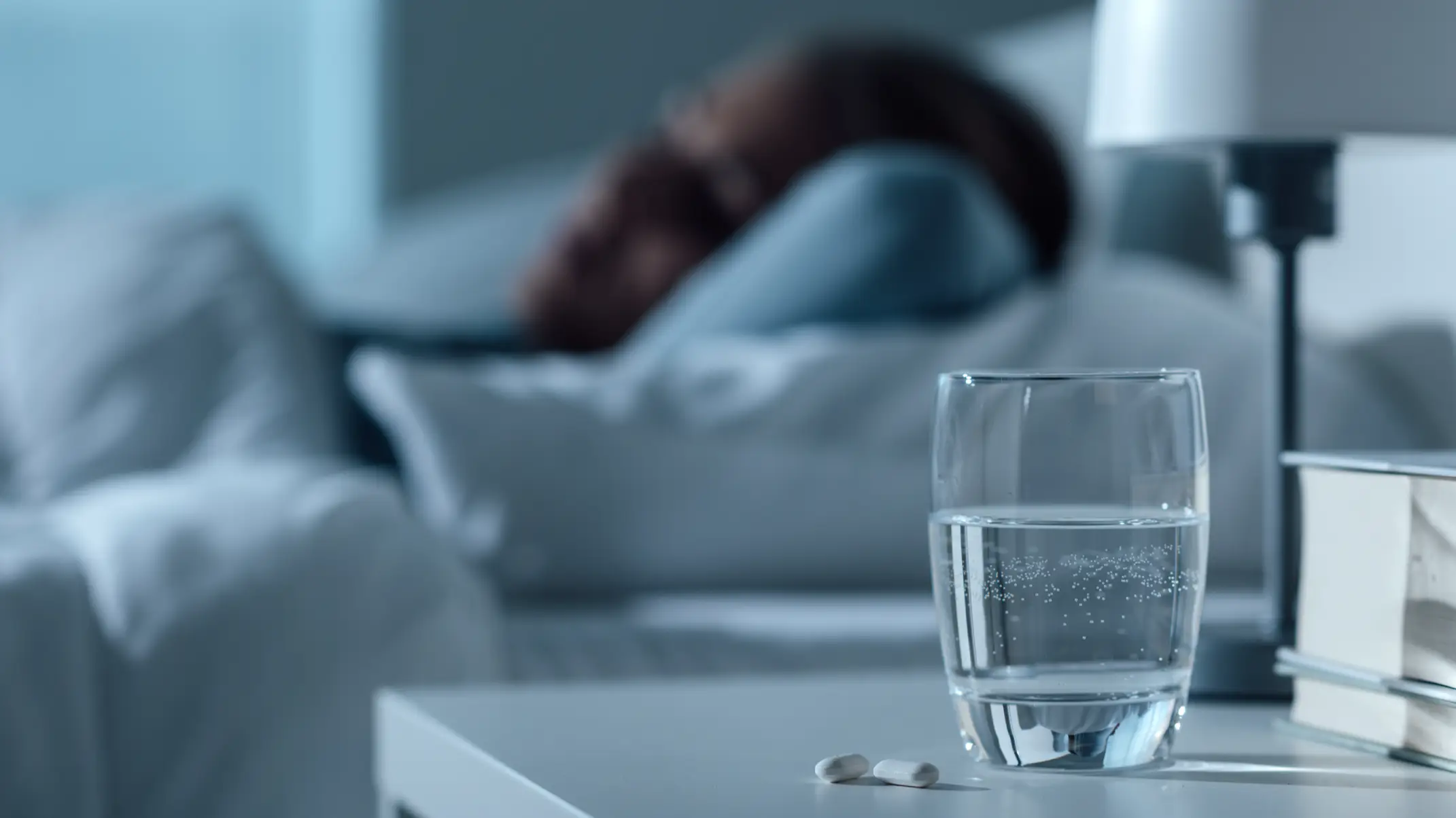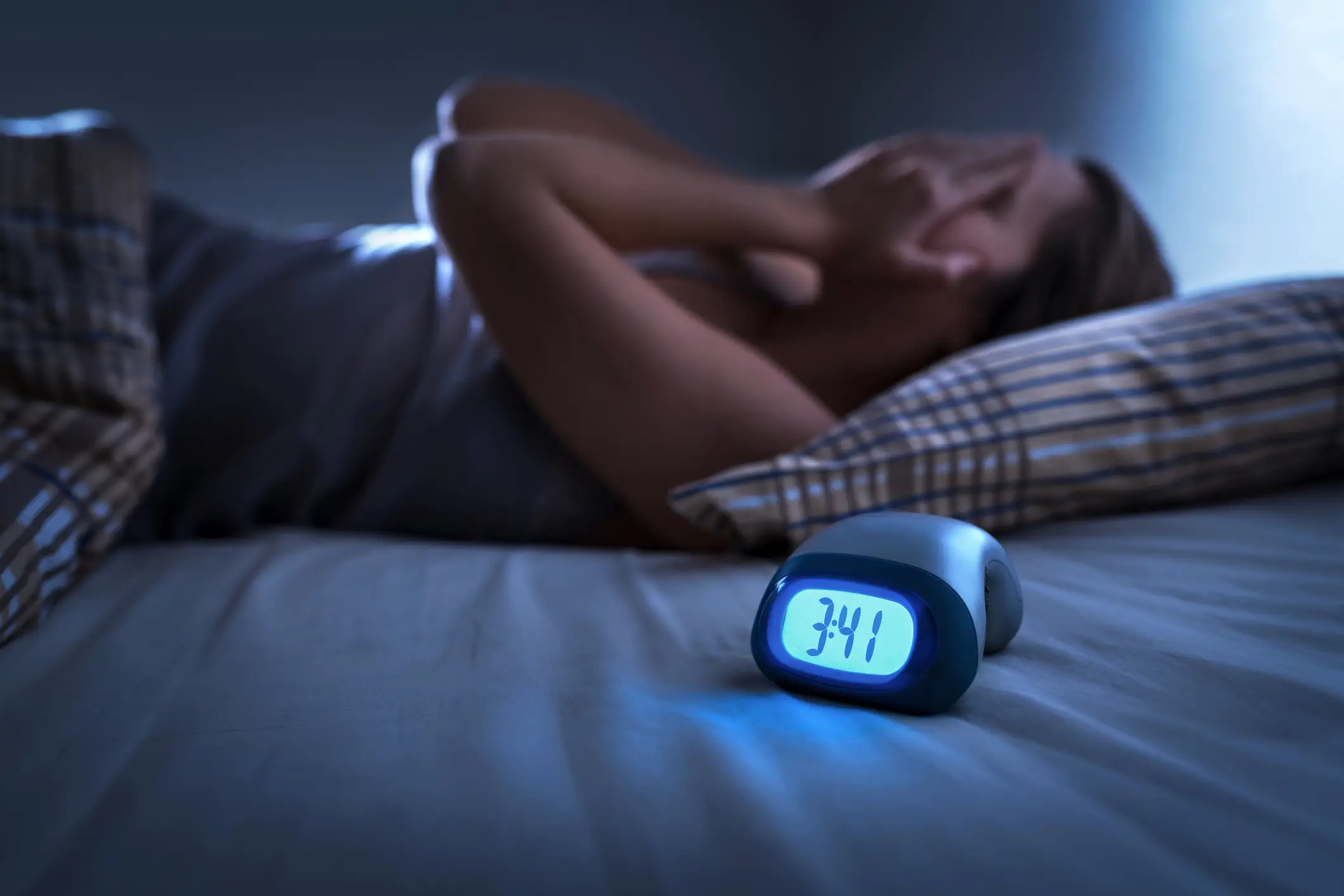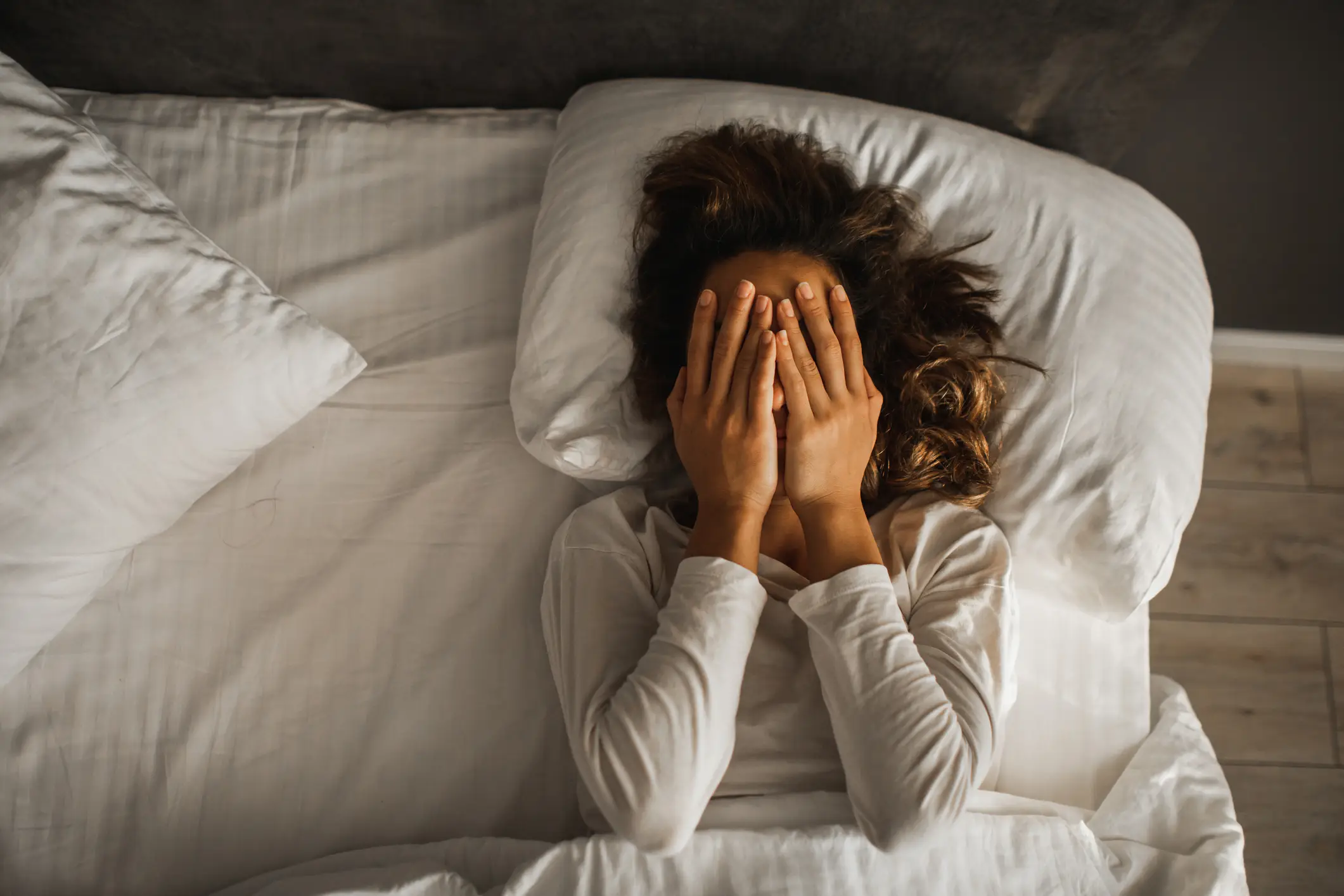
An expert has revealed one major mistake people make that stops sleeping pills from working - and it might surprise you.
A staggering one in three people in the UK struggle with insomnia, a condition which makes it difficult to fall asleep or stay asleep during the night, according to the NHS.
To combat the common issue, lots of Brits turn to sleeping pills as a short-term solution. One of the most popular brands on offer? Kirkland Sleep Aid has received rave reviews online and has been described as a ‘lifesaver’ by some customers.

Advert
One five-star review reads, “These tablets work! Say hello to a good night's sleep. I suffered from not being able to drop off to sleep, I'm so happy those days are behind me because it's pure torture not being able to sleep!”
A second customer was just as impressed, as they added: “Kirkland Sleep Aid has greatly helped my insomnia. This has made a big difference to my life and I will continue to purchase them. A product which does what it says!”
A third shared, “This has been a lifesaver since Syndol was removed from the market.”
Designed to help encourage a restful night’s sleep, the sleeping aid contains a single active ingredient known as doxylamine succinate. The substance boasts sleep-inducing properties and can help people with mild to severe sleeplessness to catch some ZZZs easier.
Are you making this common mistake?
Interestingly, one customer has warned that they might be making a major mistake that stops the pills from working.
In the reviews section, they wrote: “These are a very good product, but you need to use them correctly - the less often taken, the more effective they are. If you take them every night they will not work as well as they are taken infrequently. Great product, much better than anything else I've tried.”
So, how often should you take sleeping pills, and what are the dangers of excessive use?

According to Superintendent Pharmacist at Pharmica, Ana Carolina Goncalves, doxylamine succinate is an antihistamine that blocks the action of the neurotransmitter histamine.
Histamine plays a role in promoting wakefulness and alertness in the brain, so when this action is blocked, it can lead to feelings of drowsiness and sedation.
Therefore, if you take sleeping pills repeatedly and excessively, the body will become used to the antihistamine.
“Over time, [repeated use] can lead to a reduced response to the medication, a process sometimes referred to as tolerance,” Goncalves warns.
“While not fully understood for doxylamine, repeated use of similar antihistamines has been associated with diminished effectiveness, which is why it is often observed that the less frequently the tablets are taken, the more effective they remain.”

“My recommendation is to take these medications only infrequently, at most once or twice a week.”
Interestingly, if you suddenly stop taking a sleep aid after regular use, you might also experience what is called ‘rebound insomnia’, where the body experiences difficulty sleeping due to sudden withdrawal of the sedative effect it had become accustomed to. Something else to consider.
Doxylamine Succinate is an antihistamine used to treat allergies, therefore should not be used if you’re already taking antihistamines.
This product isn’t suitable for everyone and does not address the underlying causes of insomnia. Before using the product, please contact your doctor if you have any of the following conditions: asthma, chronic bronchitis, emphysema (or other breathing problems), and glaucoma.
Visit the Discount Health Products website now to find out more.